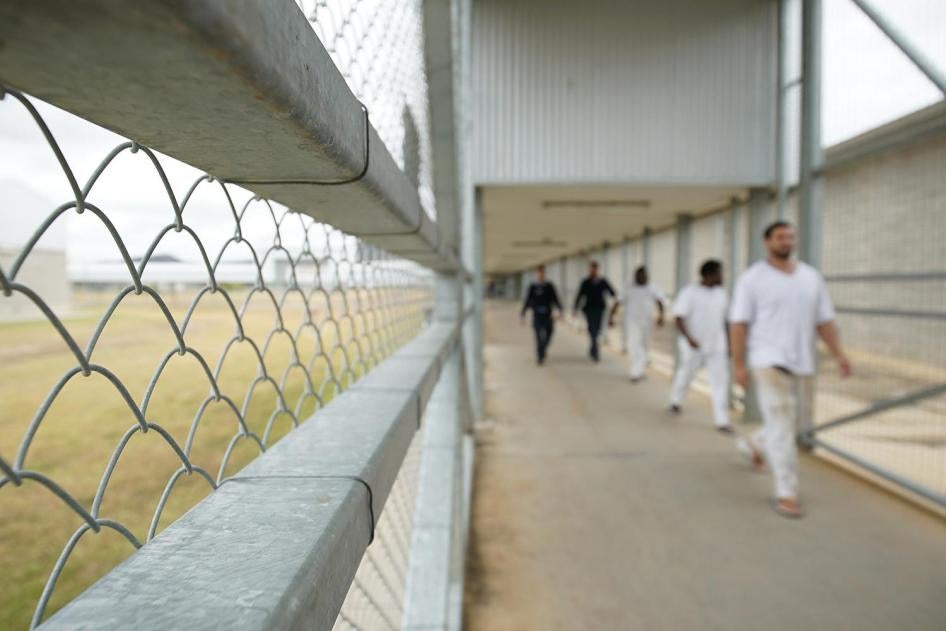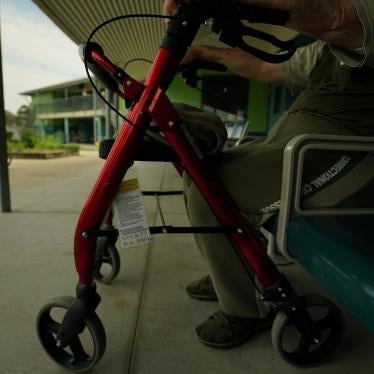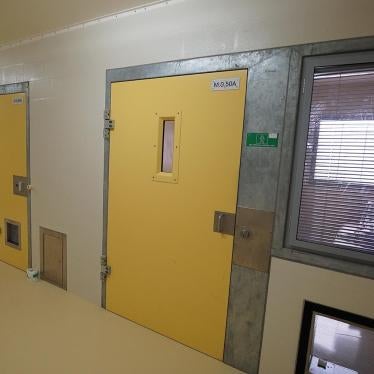Last Thursday, a 16-year-old First Nations boy died after self-harming in pretrial detention in a West Australian prison. Even though he was under 18, the authorities held him at Unit 18 in Casuarina Prison—a maximum security prison for adult men.
Two weeks before his death, his lawyers wrote to the Western Australian government begging he be moved over fears for his well-being. The boy had told his lawyers he was often given no more than one hour’s time out of his cell. On some days he was not let out at all.
The boy’s death under such cruel circumstances is a tragedy for his family and loved ones, who have called for Unit 18 to be closed. In a public statement, the family said the boy had no history of self-harm prior to his detention there. The West Australian government opened Unit 18 in July 2022 claiming it was a “temporary measure” to house youth in the adult prison while the state’s only juvenile center, Banksia Hill, was undergoing repairs.
Local advocates, families of detained children, and courts have repeatedly told the government that conditions in Unit 18 and Banksia Hill, including prolonged solitary confinement, are causing young people significant harm.
Human Rights Watch has long warned about the deadly consequences of solitary confinement in Australian prisons. While isolation can be psychologically damaging to any prisoner, it is particularly devastating for children. The 1991 Royal Commission into Aboriginal Deaths in Custody also found solitary confinement has a particularly detrimental impact on First Nations prisoners, many of whom are already separated from family, kin, and community. The report found that solitary confinement causes “extreme anxiety” and can induce self-harm.
According to the United Nations expert on torture, prolonged solitary confinement “may constitute cruel, inhuman or degrading treatment or punishment or even torture.” In November 2022, the UN Committee against Torture said it was “seriously concerned” about children in Australian juvenile detention centers being kept in solitary confinement.
Under international human rights law, every child deprived of their liberty should be separated from adults.
The West Australia state government should act immediately to end the use of solitary confinement of children in detention and ensure proper access to culturally competent mental health services.










